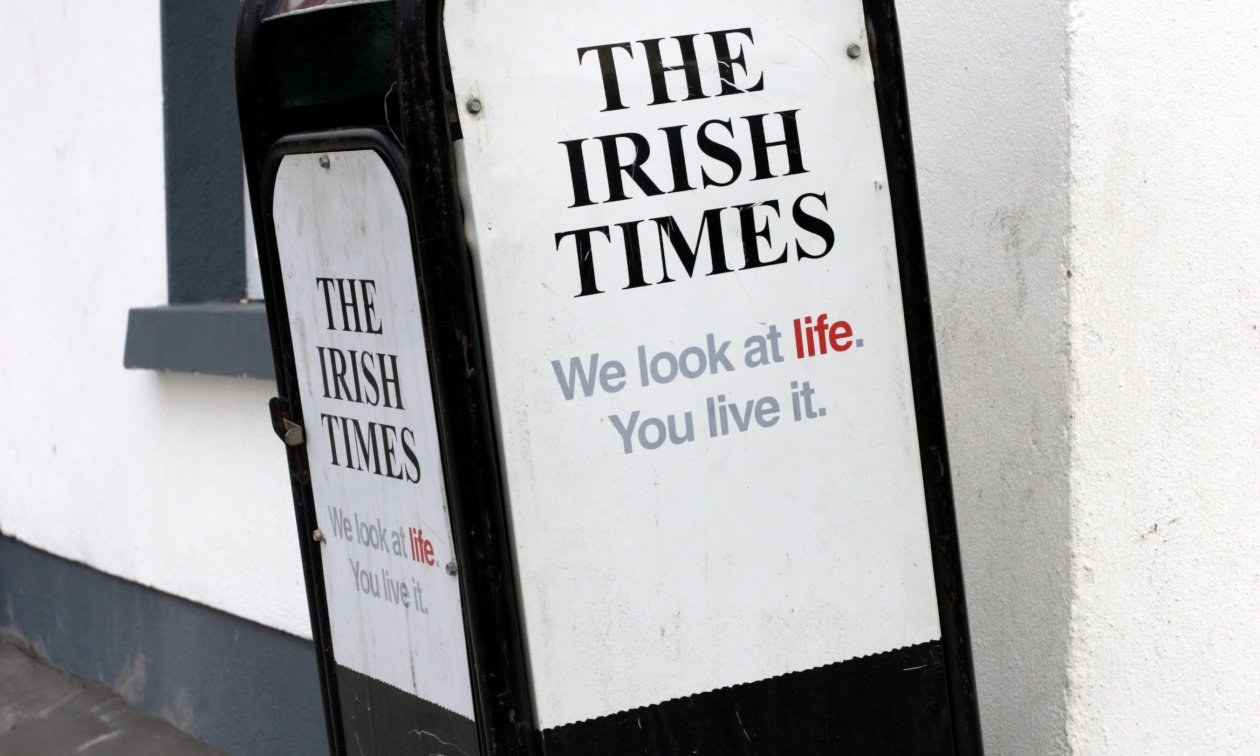In July 2018 media concentration on the Irish media market took another step forwards: The Irish Times, Ireland’s oldest daily founded in 1859, took over the country’s fourth-largest newspaper, the Irish Examiner.

In July 2018 media concentration on the Irish media market took another step forwards: The Irish Times, Ireland’s oldest daily founded in 1859, took over the country’s fourth-largest newspaper, the Irish Examiner.
